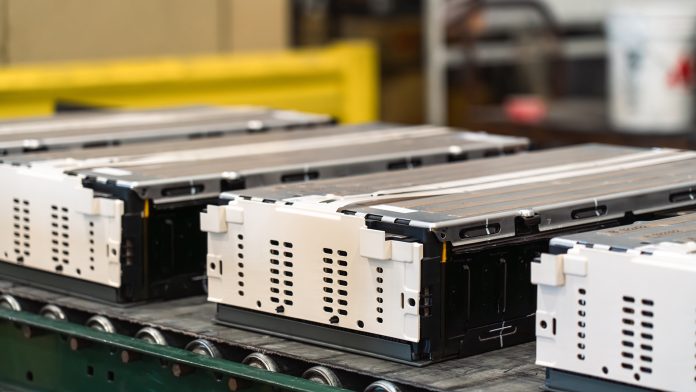Battery recycling pioneer Cirba Solutions details how the company is championing a strategic, regional approach to reinforce the circular battery supply chain worldwide.
When you consider the battery recycling industry, there are global challenges that multiple countries and companies are working to solve and make advancements in, including:
- Supporting the growing demand for critical minerals needed for the circular battery supply chain.
- Sustainably recovering critical battery metals for new battery production through recycling.
Currently, battery recycling efforts are being led by China, Europe, and North America. While China has been seen as the leader in the space for many years, North America has now emerged as a global competitor in sustainable content, along with Europe.
One leading organisation, Cirba Solutions, has shown how the sector can be successful and grow outside of China.
Increasing battery demand
The demand for batteries is growing, and with that demand comes a need for more sustainable solutions in the supply chain. For example:
- 2040 International Energy Agency (IEA) demand projections include more than a 40x increase for lithium and 20x-25x for other battery minerals (i.e., cobalt, nickel).
- 436 gigawatt hours (GWh) of battery capacity has been added to the US pipeline between August 2022 and June 2023.
- S. cathode manufacturing capacity is expected to increase 6x in size between 2022 and 2032.
- EV battery demand is expected to account for 80% – 90% of global cobalt and lithium demand and 45% – 65% of manganese demand (IEA).
As a result of this, a hype cycle took place because the circular battery supply chain must grow to make advancements in the marketplace to meet this growing demand.

During that time, multiple companies entered the space to aid in solving the global battery supply chain challenge. Furthermore, with all of these projections, it’s clear that recycled battery materials are playing an increasingly important part in the critical mineral supply chain.
How Cirba Solutions elevates the circular battery supply chain
Cirba Solutions is shifting the paradigm by providing collected and processed materials regionally to regional partners.
Their plan to achieve this started by building the largest footprint in North America, with six strategically located battery recycling facilities. The company is on a substantial growth trajectory as it continues to work with customers in key global markets.
With its long-standing history in battery recycling, Cirba Solutions has seen this industry evolve through all its phases, including battery chemistries being adopted into the marketplace. Perhaps none have been as interesting as the past few years.
Moving battery recycling forward
One way Cirba Solutions is serving the regions is through its transportation services. Transportation accounts for 29% of CO2 emissions, according to the DOE, and is the number one contributor to greenhouse gases.
An electric vehicle battery can account for up to 60% of embedded greenhouse gas emissions in EV production. Additionally, it is estimated that in some cases, critical battery metals for cathode active materials travel over 50,000 miles before they reach a cell factory – creating a massive CO2 footprint.
By providing regional sustainable content, Cirba Solutions can potentially reduce 98% of the miles that critical materials must travel.

This reduction in travel, because of the company’s multiple locations, contributes to the reduction in greenhouse gas emissions and logistical costs by sourcing critical minerals domestically.
It also removes the CO2 from virgin mining and provides domestically sourced and produced critical metals that support the creation of a circular battery supply chain.
What matters now and what is happening as we move forward
Now, there is a gap with those companies that entered the industry during the hype cycle phase because execution to scale is not as simple as expected.
With the World Bank estimating that the demand for critical minerals will increase by nearly 500% by 2050, companies in the industry need to prove they can execute safely on a commercial scale.
Based on all of this, it’s clear that the circular battery supply chain will drive the future. With EV adoption and the result that the supply and demand curves of critical minerals forecast, by sourcing domestically, and specifically recycling and reusing these critical minerals, we can significantly impact cost and the CO2 footprint.
With Cirba Solutions’ six strategically located operational facilities that will enable a locally-sourced, closed-loop supply of these critical minerals – we can already achieve a greater than 96% reduction in our CO2 footprint.









